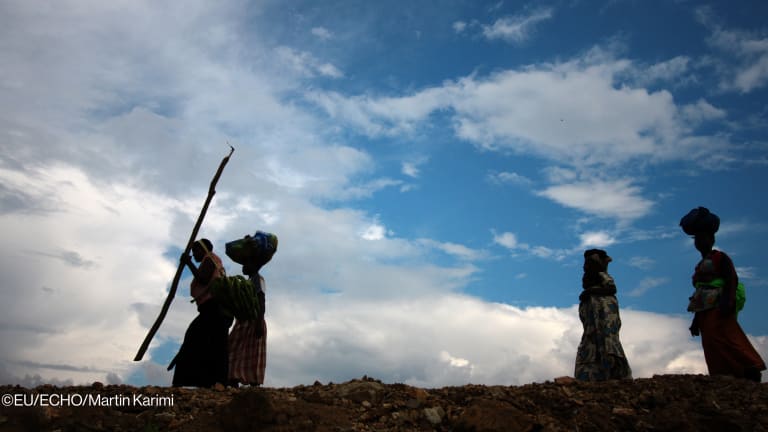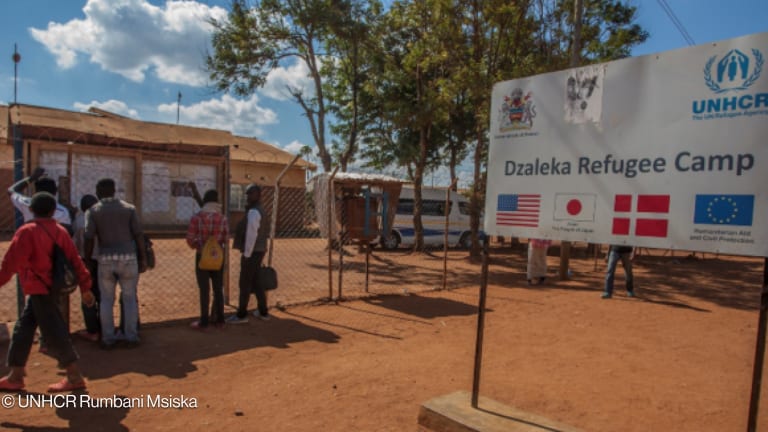Conflict for too many women is synonymous with rape and violence. It also means sexually transmitted infections, unintended pregnancies, unsafe abortion, maternal morbidity or death.
Sexual and reproductive health is never considered to be as important as food or security, yet for many women and girls, accessing these services can mean the difference between life and death. Many refugee women don’t even report rape; not only is the reporting process lengthy, slowing down their journey, but often the violence is perpetrated by police.
An unprecedented number of women and adolescent girls are crossing into the European Union daily, with the numbers only set to rise. As crises intensify the need for SRH services increases exponentially, yet it continues to be neglected by key humanitarian responders. Most countries do not even have an emergency response strategy in place to deal with crises, let alone one that includes SRH.
Read more #AcrossBorders stories:
► #AcrossBorders: Changing the migration narrative
► #AcrossBorders and origins: Can we get smarter at preventing people from fleeing?





